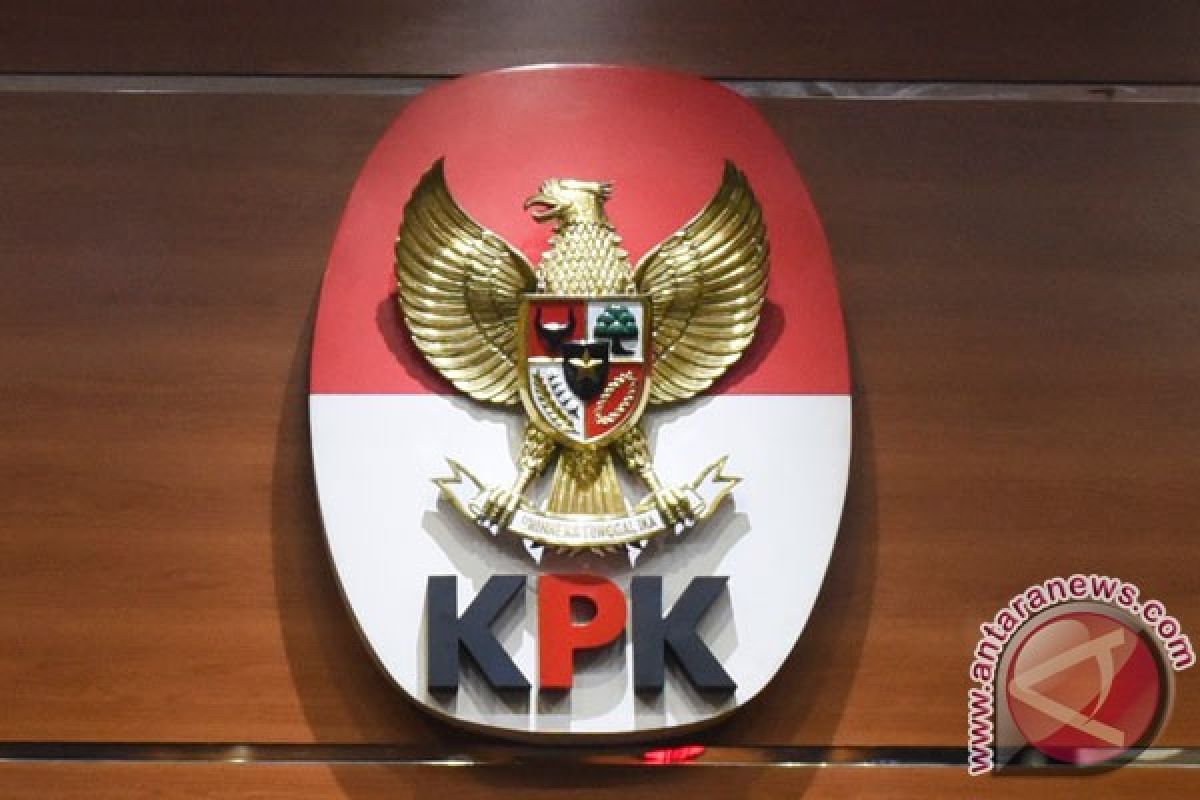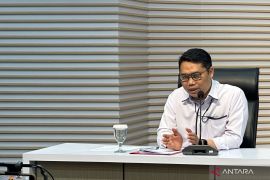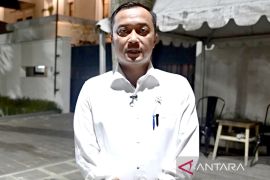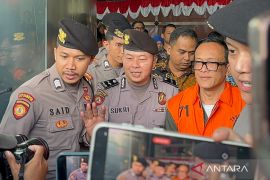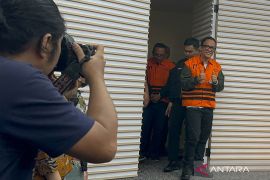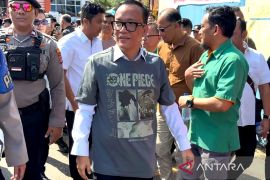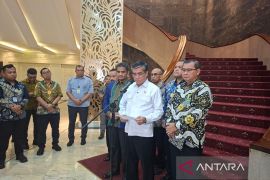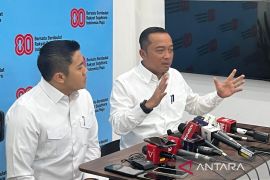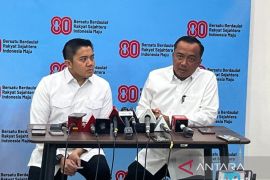"KPK is established by the law, thus to oversee the implementation of the act then the House of Representatives (DPR) can conduct the right of questionnaires (hak angket) to the KPK," Prof Mahendra said at a public hearing of Inquiry Right of the DPR on the KPK here on Monday.
He explained that KPK's position in the Indonesian state administration system is an executive institution because it carries out investigation and prosecution.
Therefore, according to him, at the beginning of the discussion of the Draft Law on the KPK at general view of the DPR factions and discussion at the Special Committee level, concern occurred on overlapping with other institutions such as police and attorney.
"Where is the KPK's position? In the judiciary is absolutely not, it (KPK) is not a court body that can try and decide cases. Neither is it the legislature because it does not produce legislation products," the former minister stated.
He also once served as minister of state secretariat and former minister of law and human rights so as to be involved in government policy in the reform era and involved in the formation of KPK Law.
He further said that overlapping of the KPK's duties will not occur in performing its duties in the field of investigation and prosecution under certain conditions.
The certain requirements (of KPK) include the state investigations and investigations of state losses above Rp1 billion, and cases that attract public attention.
"Thus, with these three restrictions the 'overlapping' does not happen. Then what about the implementation? It is the task of the inquiry committee for investigation, I do not discuss it," Mahendra unveiled.
In 1950 Rights Questionnaire re-enacted in the DPRS (provisional legislature) as a combination of KNIP and RIS member and produced the Act No 7 of 1954 on the questionnaire (angket).
Mahendra stated that the questionnaire is not something new, so it has been run in the parliamentary system and attached in the DPR.
In addition, the DPR also invited another constitutional law expert, Zain Badjeber to the public hearing.
On a separate occasion, hundreds of lecturers from the Gadjah Mada University in Yogyakarta refused the House of Representatives' questionnaire right to the KPK because it was considered to weaken the anti-graft agency.
The lecturers along with the UGMs rector Panut Mulyono made the remarks in Yogyakarta on Monday.
Editor: Ade P Marboen
Copyright © ANTARA 2017
